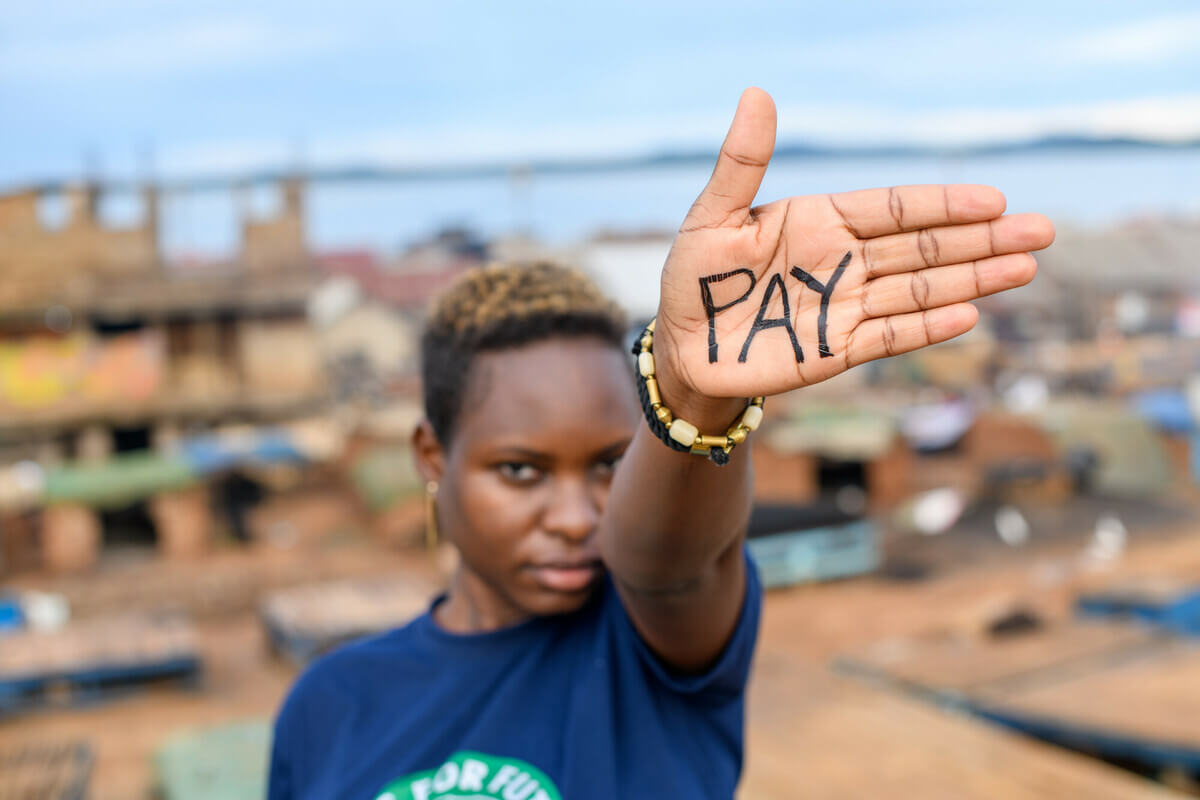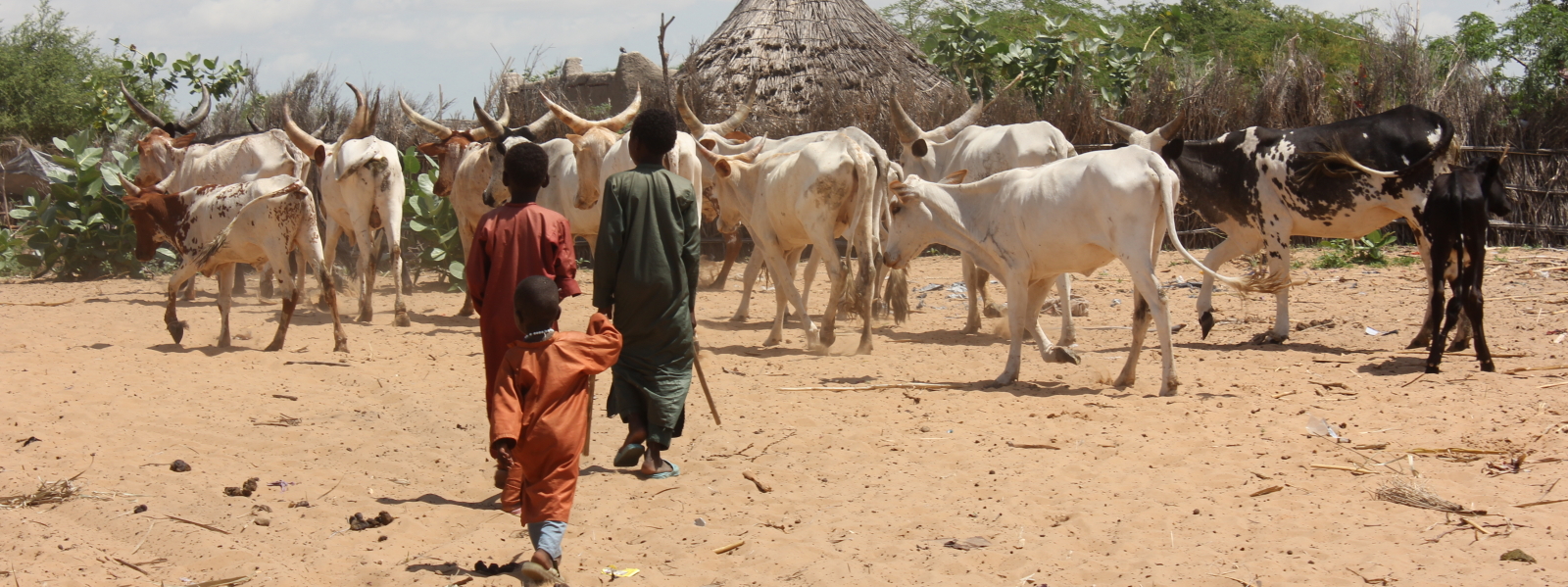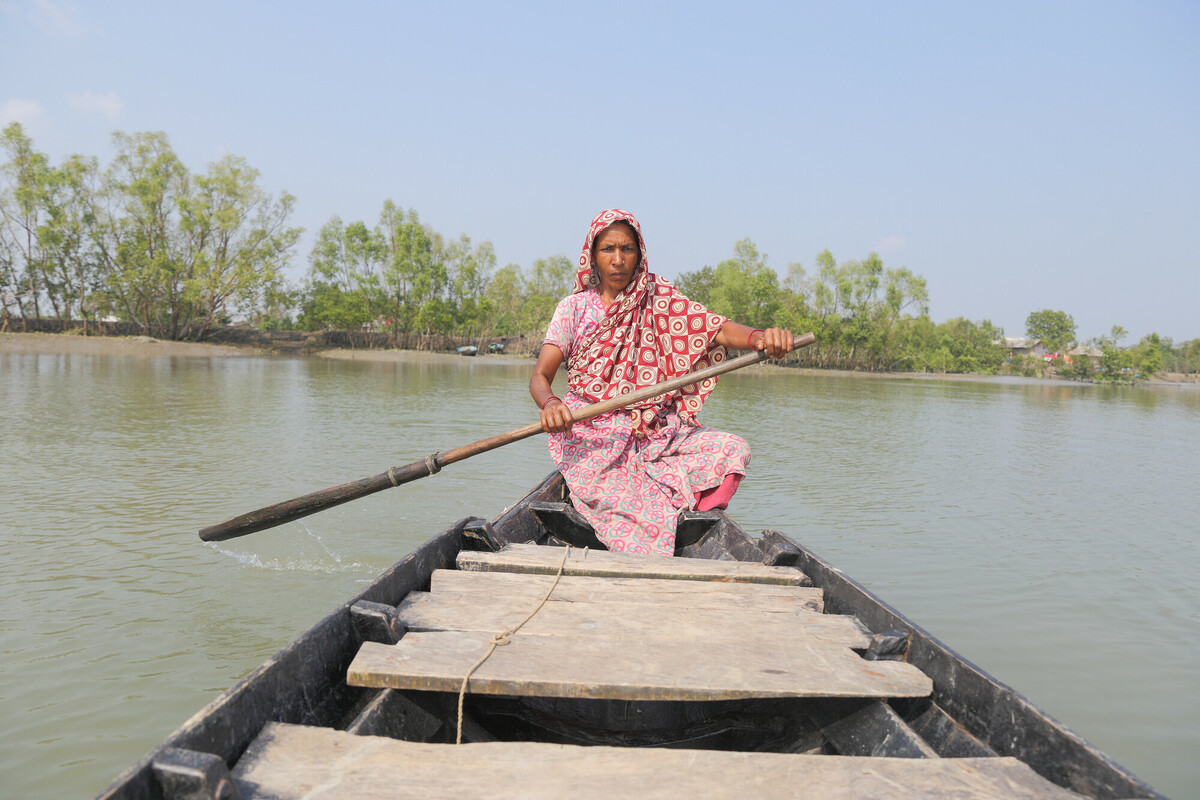As an organization committed to fighting poverty and injustice, we strive to provide the best possible experience for our supporters, and supporter feedback has always been invaluable in helping us achieve this goal.
This year we are going a step further – we are introducing our inaugural supporter satisfaction survey. Our supporters’ responses will help us identify areas where we can improve and help us continue to make a positive impact on the lives of those we serve.
Voluntary participation and confidentiality
Participation in the survey is entirely voluntary, and the responses will be kept confidential within Oxfam. The survey should take approximately 10 – 15 minutes to complete and can be accessed via the link provided in the email sent to you.
Shape the future of Oxfam
We encourage our supporters to take this opportunity to share their views and help shape our future engagement and communication methods. Your feedback is vital to us, and we are committed to listen and act upon it.
If you have any questions or concerns about the survey, please do not hesitate to contact our friendly Supporter Services team at enquire@oxfam.org.au or on 1800 088110.
Thank you for your continued support of Oxfam.


